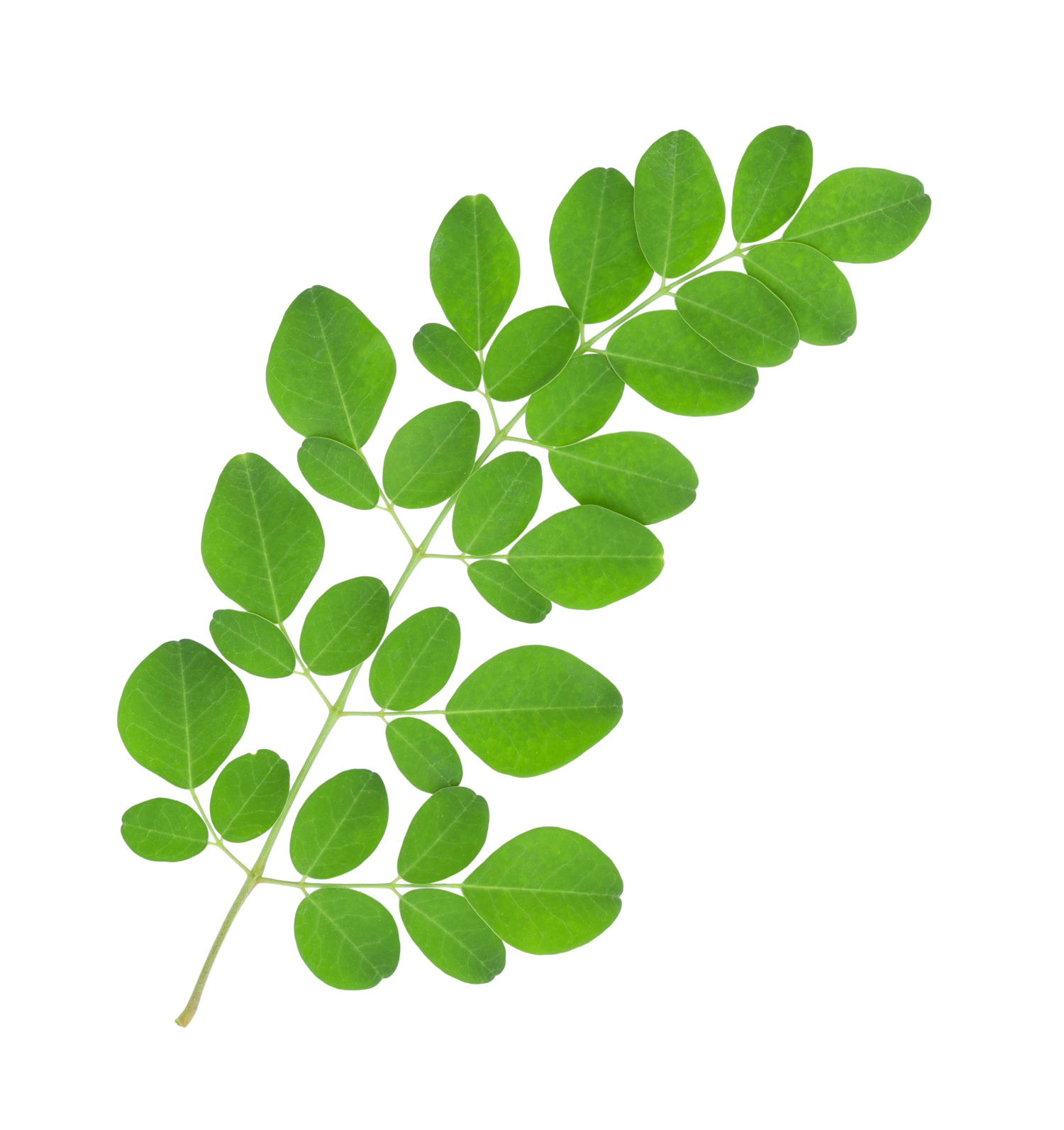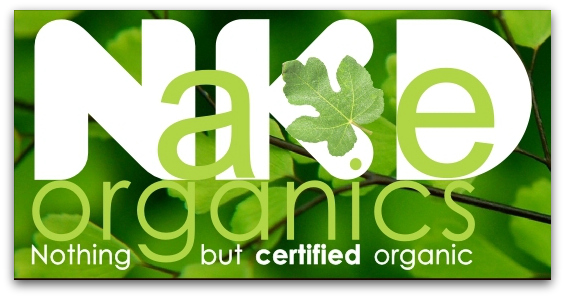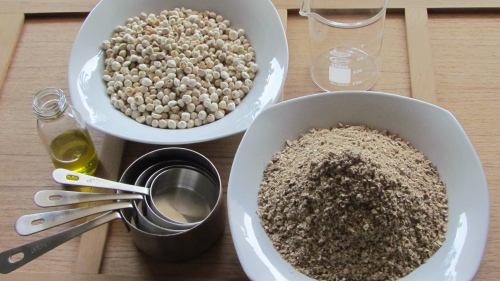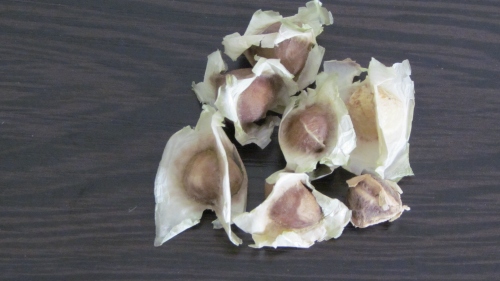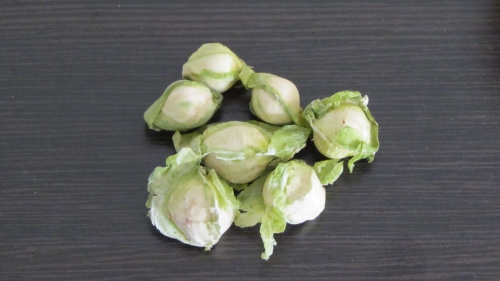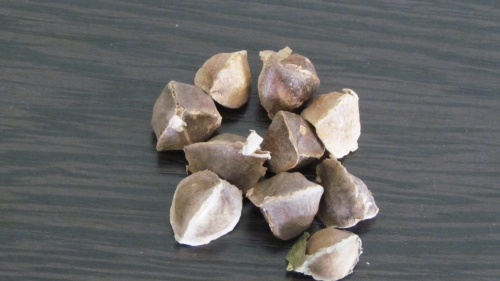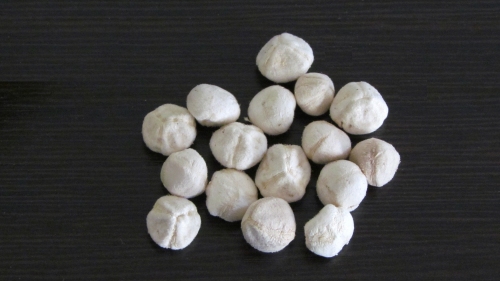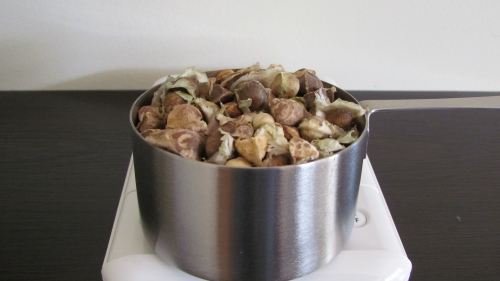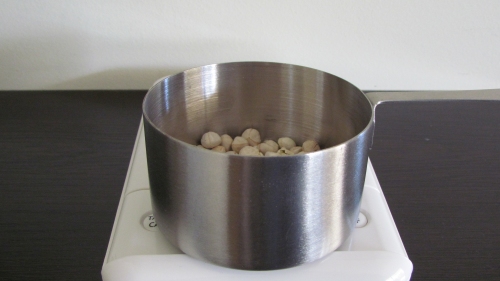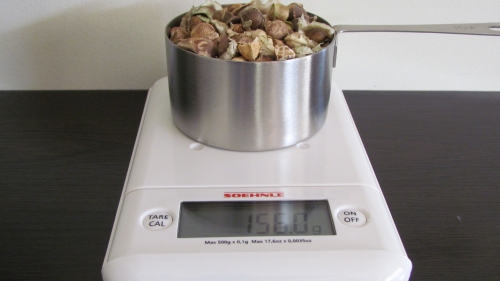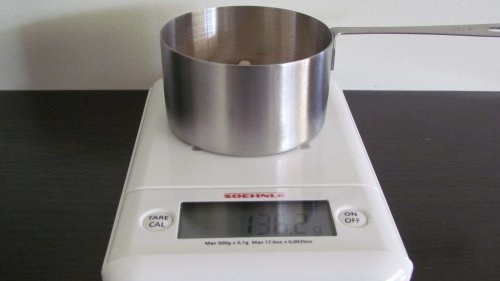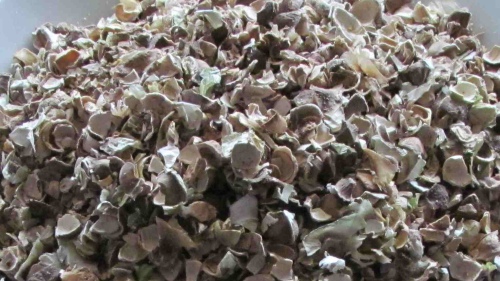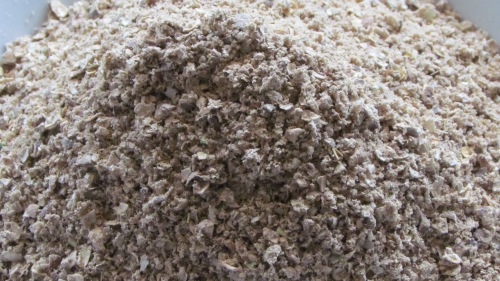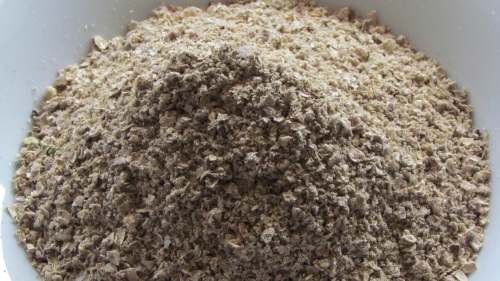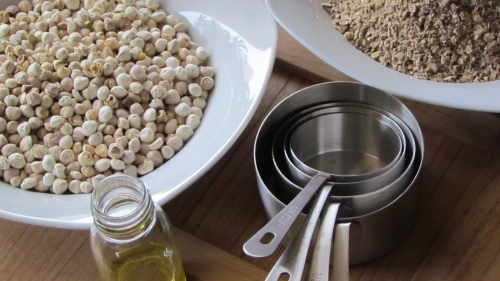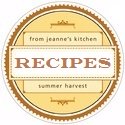|
|
www.moyoway.com |
Buy your Certified Organic |
|
|
CLICK FOR NAKED www.moyoway.com |
Moyo is an African origin word which implies that the
"heart and mind act as one to cultivate the spirit”
Moringa Oleifera is a modern day building block for a sustainable future
>Home Page >>Au Natural >>>Natural Resources >>>>Moringa Oleifera
About a year ago, we decided to invest in Moringa tree's, also known as the "Miracle Tree". If you wish, you can click here (opens a new tab) to follow the story - or read on.
As the orchid grows, we are starting to take a few samples of seed pods to get an idea of size and weight of the seeds.
These figures may not apply to every growing region in the world but it will give you a reference point.
Average mass of Moringa Oleifera seeds
|
Air Dried (about 3 months) 10 x Seeds + Shells + Wings 10 x Seeds + Shells 10 x Seeds 10 x Shells (Broken) |
= 2.5 grams = 2.5 grams = 2.0 grams = 0.5 grams |
|
Two Weeks after Harvest 10 x Seeds + Shell + Wings |
= 2.5 grams |
|
Air Dried (about 3 months) 1 box = 0.2 x 0.24 x 0.15 m = 0.0072 m3 = 1,245 g gross = 1,095 g nett (box = 150g) |
Results Based on the calculations on the left, 1 cubic meter of seeds (with shells) should be around 152 kg. |
It was interesting to note that the shell was only about 20% of the total weight. The weight of the wings was negligible.
It was also interesting to note that the difference between the dry seed and the wet seed was also negligible - other than the fact that the wet seed had some green colour and the dry seed was brown, there was no difference.
Average volume of Moringa Oleifera seeds
|
Results 1 Cup / 247 Seeds |
= 247 Seeds with their Shells = 1/3 Cup Seeds Only = 9/10 Cup Shells (Broken) |
|
1 Cup of Shelled Seeds 1 Cup of Seeds after de-shelling |
Weight of Shelled Seeds Weight of de-shelled Seeds |
These measurements gave us an indication of volume. While the mass of the seeds to shell ratio is about 4:1*, the volume measurements gave us a ratio of 1:3, respectively (1 cup of seeds produces 3 cups of shells)
*4 grams of seeds gives us 1 gram of shells
Average volume of Moringa Oleifera shells after chopping and grinding
We did this test to get an idea of the reduction in volume of the broken shells after the seeds has been extracted.
This was a hand process by using a piece of wood (slightly flexible, like a wooden spoon) and gently pressing on the seed shell until it cracked.
The rest of the process was using our fingers to manually strip away the shell pieces and extract the seed.
|
Results 4 x Cups of Broken Shells |
= 1 2/3 Cups (After Chopping**) |
** We used a kitchen blender and the chopped pieces averaged between 0.5 mm and 2 mm.
Had we used something more powerful, like a coffee grinder, we would have achieved much smaller pieces - similar to ground coffee.
But the test did show us that we achieved about 60% reduction in volume. This information is important when considering transport, especially when using (or selling) the ground shells as a mulch and compost addition.
Perfect mulch for your garden. Add it directly to soils and dig it in or add it to your compost heap.
You can of course use the unground shells, but for it to be more effective, rather only add it to your compost heap and allow the shells to break down and soften naturally.
The steps to a sustainable investment
So far, without having to use any serious machinery other than a domestic chopper (which can be skipped out), we have:
- broken shells for our compost heap or chopped shells as a mulch (either of which will be added back to the Moringa Oleifera tree's)
- the de-shelled seeds which will be pressed to produce Moringa oil
- the compressed cake (after oil expelling) can either be chopped/ground to produce a mulch or added directly to the compost heap for natural breakdown (again, this by-product will be added back to the Moringa tree's as a natural compost)
Depending on the market that you wish to sell to, growing and selling Moringa Oleifera offers several options :
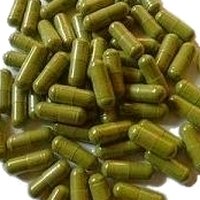 Capsules |
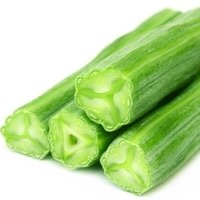 Young Pods |
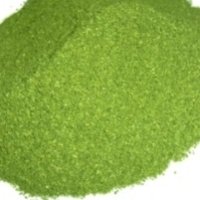 Ground Leaves |
|
Product - Ground Leaves Ground leaves in capsule |
Market First world markets where consumers relate to the fact that vitamin supplements are supplied in capsule form |
|
Ground leaves as a tea Ground leaves as a plant |
All markets First world markets where consumers relate to the fact that plant food is necessary for their domestic flowers and gardens |
|
Ground leaves as a (Great malnutrition article from BBC Click Here) |
Mostly undeveloped markets with high rates of malnutrition (countries that use low nutrition crops, such as maize, as their staple foods) |
|
Product - Dried Leaves Dried leaves as animal |
Market All markets close to the source of growing. Food for animals, such as cows as it increases weight and milk production (As the product is bulky, it will be expensive to transport) |
|
Product - Fresh Leaves Fresh leaves for human |
Market To keep freshness, the market needs to be close to the source of growing. Ideally, the fresh leaves should be harvested and consumed the same day |
|
Product - Fresh Pods and Seeds Fresh pods for human |
Market Fresh pods will keep good condition for about a week, if kept cool and clean. Depending on the eating habits of this market, it could be anywhere in the world. Cost of transport would be an issue if Moringa is grown in this target market, such as India, where production and consumption is high |
|
Tinned pods for human |
Anywhere in the world. Canning facilities needs to be considered as well as cost of transport, especially if Moringa is grown in the target market |
|
Product - Matured Seeds Oil as a lubricant |
Market All over the world. Moringa oil has been used for thousands of years as a natural lubricant |
|
Oil as a cosmetic |
First world countries where it is used in many types of cosmetics |
|
Pressed cake after oil |
Local market where the cake is used in composts and mulches |
And the really good news
By the time you are finished with all of the above, you next crop will be ready for harvest.
If you are harvesting leaves, you can get 4 to 6 crops per year.
If you are harvesting fresh (immature) pods, you can get 1 to 2 harvests per year.
If you are harvesting mature pods, you will get 1 crop per year.
Invest in Moringa Oleifera
While the likes of Monsanto produce genetically modified foods, only for the sake of profit, we are investing in Moringa Oleifera for the sake of future generations that can invest in sustainable resources.
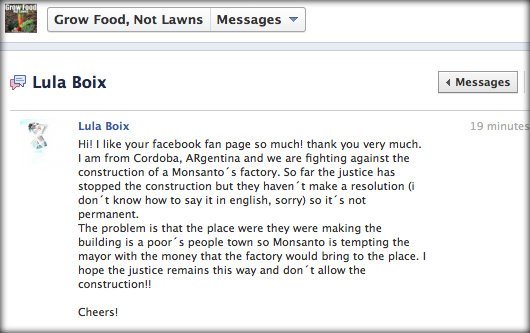
Moringa Oleifera was used thousands of years ago by ancients cultures like the Egyptians and Romans and its reputation is as good now as it was then.
GM Food companies have only been around for a few decades and already they are dealing with protests, demonstrations, lawsuits and injury.
This article from Permaculture UK reinforces Moringa Oleifera as part of a strategic line of defence in, amongst other benefits, combating nutrient deficiency throughout the world. One of the reasons why you will not find fresh leaves in your local store is because fresh leaves do not store well. All the better to grow your own.
What's Your Story?
Help to keep it real and tell your story.
Comments about your experiences and opinions will go a long way to helping all of us.
Comments from Other Visitors
Click the underlined and highlighted text to read the full article.
Moringa Benefits
Pure Moringa Seed Oil (cold pressed) is a light oil that spreads and absorbs easily into the skin. Vitamins A, B, C, E, unsaturated fatty acids and palmitoleic, …
Moringa Advantages
Moringa oil (also known as ben oil or behen oil) is known as such because it contains behenic acid (a saturated fat that is moisturising for skin and hair) …
Moringa Ideas and Uses
Moringa oil is a cosmetic carrier oil that is normally extracted through the cold pressed method from seed.
It is very nutritious for skin and is a good …
Moringa Oleifera (Back to Top)


